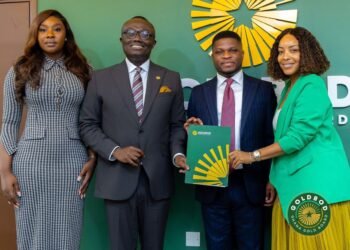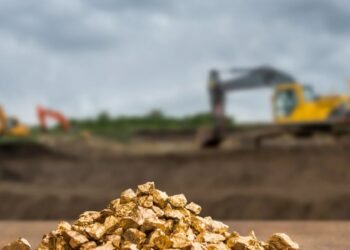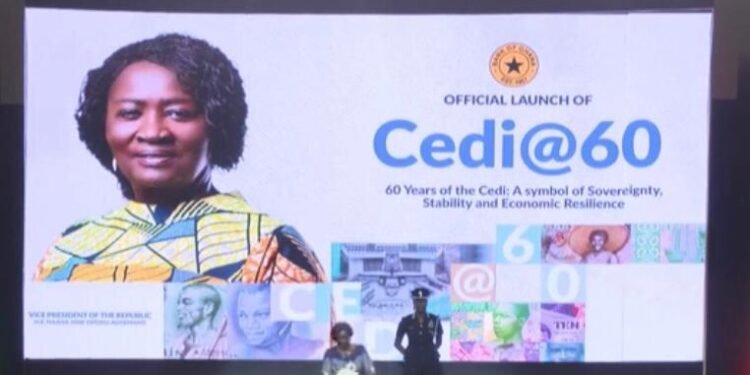In a decisive effort to modernize and streamline the nation’s mineral extraction framework, the Minerals Commission of Ghana has embarked on a multi-phase stakeholder engagement aimed at revising the country’s Minerals and Mining Policy (MMP), initially established in 2014.
The latest two-day consultative session, held in Accra, brought together key players from government institutions, academic circles, and professional mining bodies to critique and contribute to a newly drafted policy framework.
Opening the session, Professor Jerry Samuel Yaw Kuma, Technical Advisor to the Minister of Lands and Natural Resources, lauded the progress of the draft policy and its foundational quality.
“The depth of work done by Mr. Martin Kwaku Ayisi, CEO of the Minerals Commission, and the mining policy working committee is commendable and offers a strong foundation for input.”
Professor Jerry Samuel Yaw Kuma, Technical Advisor to the Minister of Lands and Natural Resources
He urged participants to rigorously assess the draft to ensure alignment with broader government initiatives and national development goals.
This series of consultations forms the second leg of a broader effort to ensure the policy is robust, inclusive, and responsive to both national and global mining developments.
It followed an earlier engagement with Civil Society Organizations (CSOs), marking the Commission’s intent to create a participatory and transparent policymaking process.

Echoing this call for expediency and thoroughness, Mr. Ayisi emphasized the strategic importance of completing the review process, originally slated for 2024.
“It is imperative that we move swiftly to complete this policy review.
“The mining sector is pivotal to our economy, and adapting our policies to emerging trends is vital.”
Mr. Martin Kwaku Ayisi, CEO of the Minerals Commission
One of the key speakers, Mr. Benjamin Aryee, a seasoned mining expert and former CEO of the Minerals Commission, presented the comprehensive Draft Reviewed Policy.
Mr. Aryee’s insights focused on integrating responses to global shifts such as climate change, automation in mining, and increasing environmental and social governance (ESG) demands.
“The evolving landscape of mining, particularly in response to climate change and technological advancements, necessitates a proactive approach to policy reform.”
Mr. Benjamin Aryee, a seasoned mining expert and former CEO of the Minerals Commission
Mr. Aryee also highlighted shortcomings in implementing the previous MMP, pointing to regulatory overlaps, insufficient community engagement, and the need for a more responsive governance framework.
Towards Inclusive Mining Reform
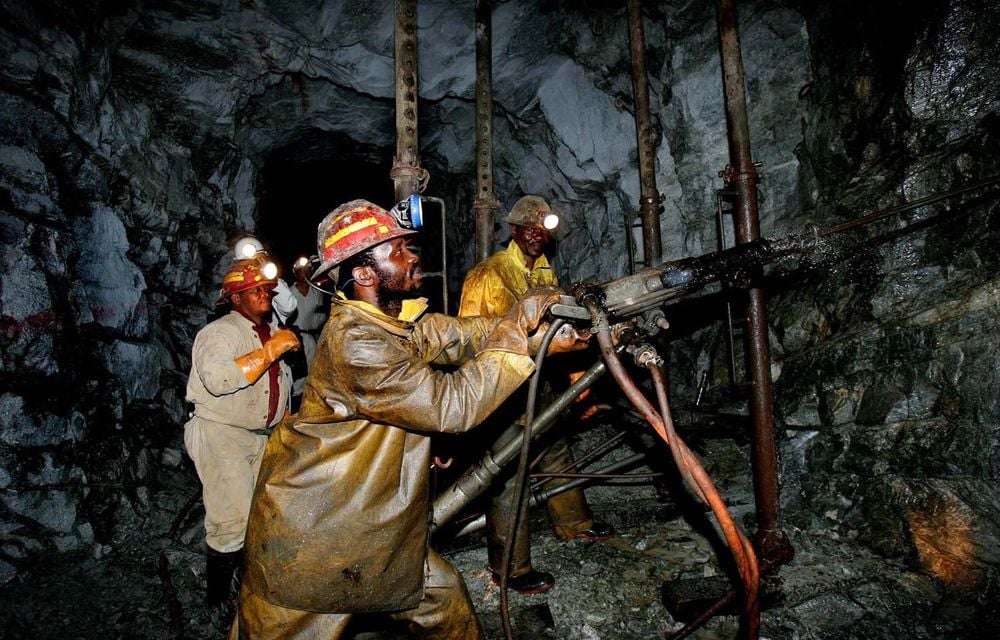
The consultative meeting featured a wide array of academic institutions, including the University of Energy and Natural Resources, the University of Mines and Technology (UMaT), and the Kwame Nkrumah University of Science and Technology (KNUST).
Their involvement is expected to bolster the policy’s academic rigor and ensure it reflects on-the-ground realities and future industry demands.
Contributions also came from government bodies such as the Ghana Gold Board, Environmental Protection Agency (EPA), and the Geological Survey Authority.
This inter-institutional dialogue underscored the importance of a comprehensive governance model that cuts across environmental, social, and economic dimensions of the mining sector.
Professor Martin Oteng-Ababio, Chair of the 18-member Technical Committee overseeing the review, stressed the need to institutionalize sustainability and transparency.
“This engagement is an essential step toward sanitizing the mining sub-sector and ensuring its sustainable development.
“We aim to create a framework that not only addresses current challenges but also anticipates future needs.”
Professor Martin Oteng-Ababio, Chair of the 18-member Technical Committee overseeing the review
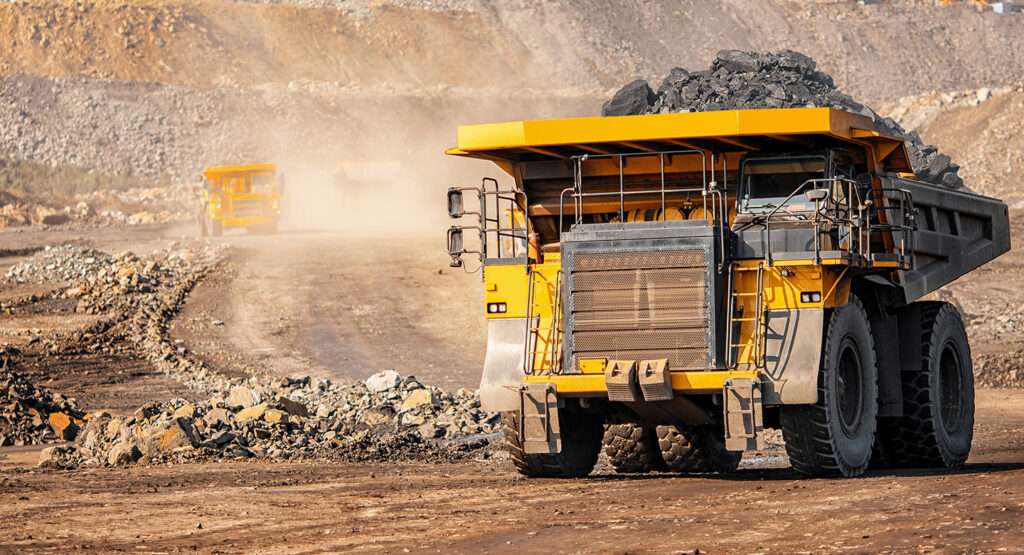
The policy review process does not end with this engagement. The Minerals Commission has announced plans for additional consultations with regional stakeholders, including the Ghana National Association of Small-Scale Miners (GNASSM), local government officials, and the Regional Houses of Chiefs.
These efforts are aimed at ensuring that those directly impacted by mining activities—especially in mineral-rich regions—have a say in shaping the rules that govern extraction and community relations.
The Minerals Commission’s proactive approach to overhauling the Minerals and Mining Policy reflects a national commitment to strengthening governance in a sector that remains vital to Ghana’s economy.
With increased international scrutiny on mining practices and the growing importance of resource sustainability, Ghana’s updated MMP aims to strike a balance between economic growth and environmental stewardship.
READ ALSO: Mahama Promises Revamp of Tema Oil Refinery Through PPP






